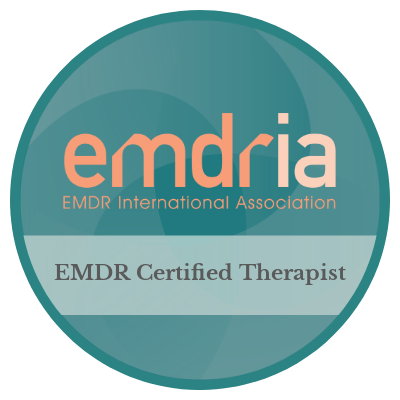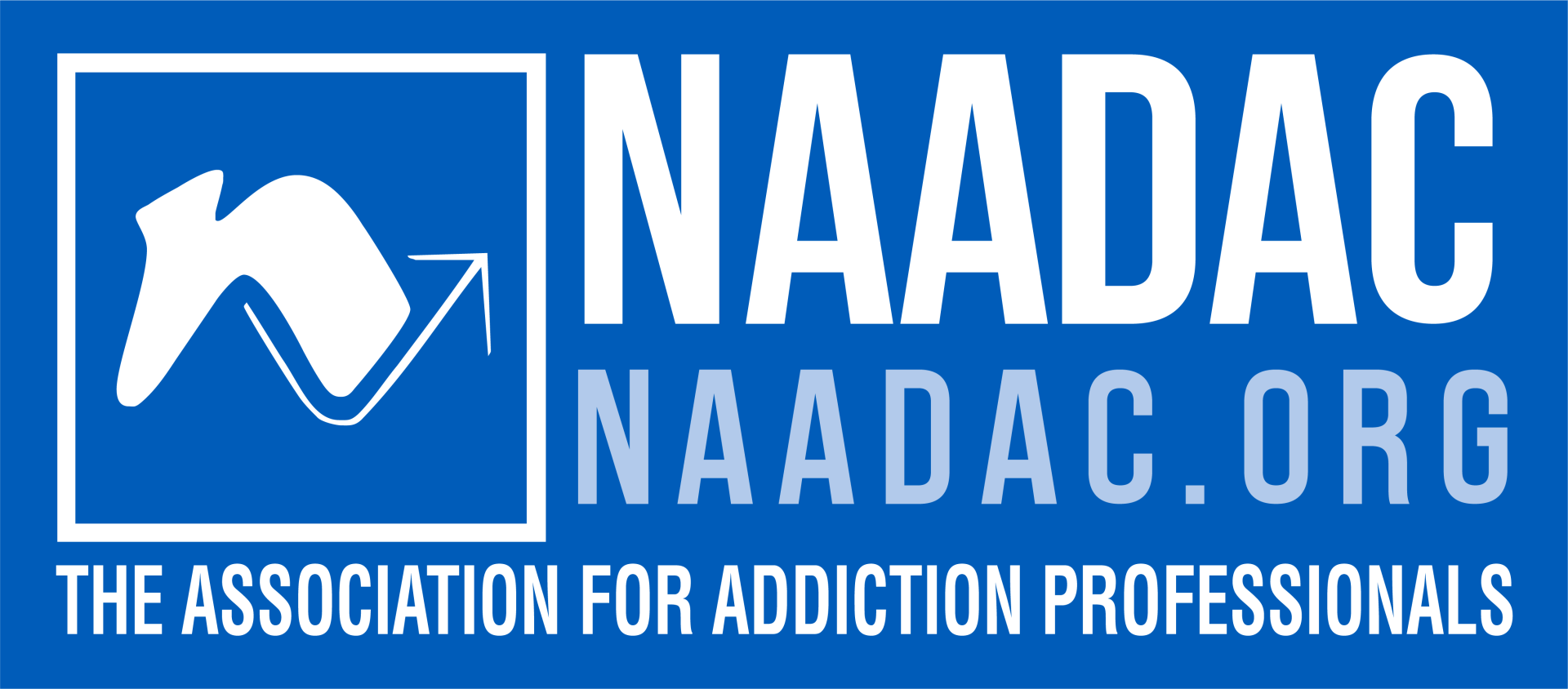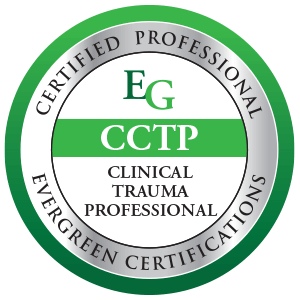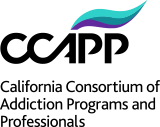Problematic Drinking

Problematic Drinking
Many women find themselves turning to alcohol to relax, destress, unwind and cope with life’s stressors. Nearly half of adult women report drinking alcohol in the past 30 days and 18% of women report binge drinking episodes. Whether someone is drinking a bottle of wine a night or binge drinking on the weekends, problematic drinking has increased dramatically during the pandemic. Furthermore, some studies have suggested that women are more likely to experience a number of deeply impactful traumatic events in their life such as rape and sexual abuse and often turn to alcohol to cope. Alcohol consumption can increase the likelihood of the development of PTSD in women, due to the increased likelihood of exposure to traumatic events that occur as a result of alcohol abuse. According to one national study, women are twice as likely to develop PTSD and are 2.4 times more likely to struggle with alcoholism as a result.
There are three ways to have a relationship with alcohol - as a user, abuser or addict. A “user” of alcohol is someone who uses alcohol recreationally, socially and moderately. Think of the one glass of wine drinker or moderately indulging on special occasions. The “abuser'' is someone whose drinking has progressed to a level that they are drinking more than they would like and even drinking to excess on a regular basis. Additionally they have begun to experience consequences from their drinking such as weight gain/loss, sleep difficulties or maybe lost a job or gotten a DUI. “Abusers” of alcohol will begin hiding their drinking and have loved ones express concern. The final category is when the “abusers” of alcohol are unsuccessful in stopping or moderating and progress to a full dependency on alcohol or “addiction”. When someone is labeled an addict, they are dependent on alcohol physically and emotionally and despite their efforts, they cannot moderate or stop drinking long term. At this stage, people’s consequences pile up and often seem insurmountable.
Historically there has been a one size fits all approach to problematic drinking - everyone needs to go to rehab and join Alcoholics Anonymous for life. While this approach has helped many people, addiction treatment has advanced by leaps and bounds in the past ten years. There are now options for women who want to moderate their drinking rather than stop altogether and the newer evidence based modalities have higher success rates. When other methods have failed or you are looking for an alternative to AA, I can help.
In addition to being a Licensed Mental Health Counselor I am also a Licensed Independent Substance Abuse Counselor and Licensed Advanced Alcohol & Drug Counselor. For many years I worked in the traditional model of treating alcohol whether that be residential treatment or intensive outpatient programs. Now I specialize in helping women change their relationship with alcohol through my concierge practice. Together, we will develop a personalized plan for you which addresses all the aspects needed for success . I take a non judgmental approach and fully recognize that it is a disorder of the brain and body rather than a lack of will power or control.
The method I utilize to help women overcome their problematic drinking is The Sinclair Method (TSM). Whether the goal is to moderate or stop drinking altogether TSM has an efficacy rate of over 78%. The results are amazing and no one has to struggle with alcohol anymore.
For more information about TSM please visit www.cthreefoundation.org or watch the below video.









